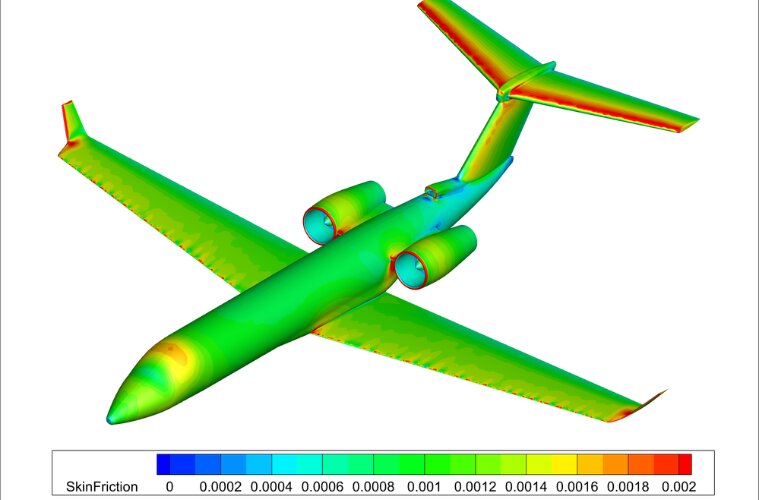Nimbus Aerospace Pioneering Sustainable Aviation with Electric Business Jet in Seattle
Key Ideas
- Nimbus Aerospace, a Seattle-based startup, successfully completed a proof-of-concept flight for its electric-powered business jet, marking a significant milestone in eco-friendly private aviation.
- The company's propulsion system design, featuring an innovative distributed ducted fan system, played a pivotal role in achieving the aircraft's performance goals during the test flight.
- With an aim to address the environmental impact of aviation, Nimbus plans to create a fully electric business jet capable of traveling up to 1,100 miles while accommodating six to eight passengers.
- The startup has secured early-stage investment and aims to scale up its innovation by developing a one-quarter-scale model in 2025, targeting FAA certification and production by 2032.
Nimbus Aerospace, a sustainable aviation startup originally launched in Phoenix before moving to Seattle, has reached a significant milestone by conducting a successful proof-of-concept flight for its electric-powered business jet. The test flight, utilizing a 10th-scale airframe, lasted 1 minute and 23 seconds and demonstrated the viability of the company's innovative propulsion system design. Nimubs's CEO highlighted the importance of the distributed ducted fan propulsion system in achieving the aircraft's performance objectives.
The company's vision includes developing a fully electric business jet capable of accommodating up to eight passengers and covering distances of up to 1,100 miles. This initiative is crucial in light of private jets being a major contributor to pollution, emitting significantly higher levels of emissions per passenger compared to commercial airplanes.
Nimbus Aerospace aims to play a key role in the aviation industry's transition to sustainability without compromising on performance. The startup has received early-stage investments and plans to further its development by creating a one-quarter-scale model in 2025 for additional flight tests. The ultimate goal is to attain FAA certification and commence production of electric business jets by 2032.
The article also discusses the challenges faced in decarbonizing the aviation sector due to its reliance on energy-dense fuels for long-haul flights. Efforts to reduce the industry's environmental impact include advancements in hydrogen and battery-powered flight, along with the development of sustainable aviation fuels (SAFs). Despite setbacks in the sector, companies like Nimbus Aerospace, operating in a hub of sustainable aviation innovation in Washington state, exemplify the resilience and potential of the industry.
Topics
Aviation
Environmental Impact
Innovation
Investment
Sustainable Aviation
Aerospace Industry
Electric Propulsion
Private Jets
Flight Testing
Latest News
